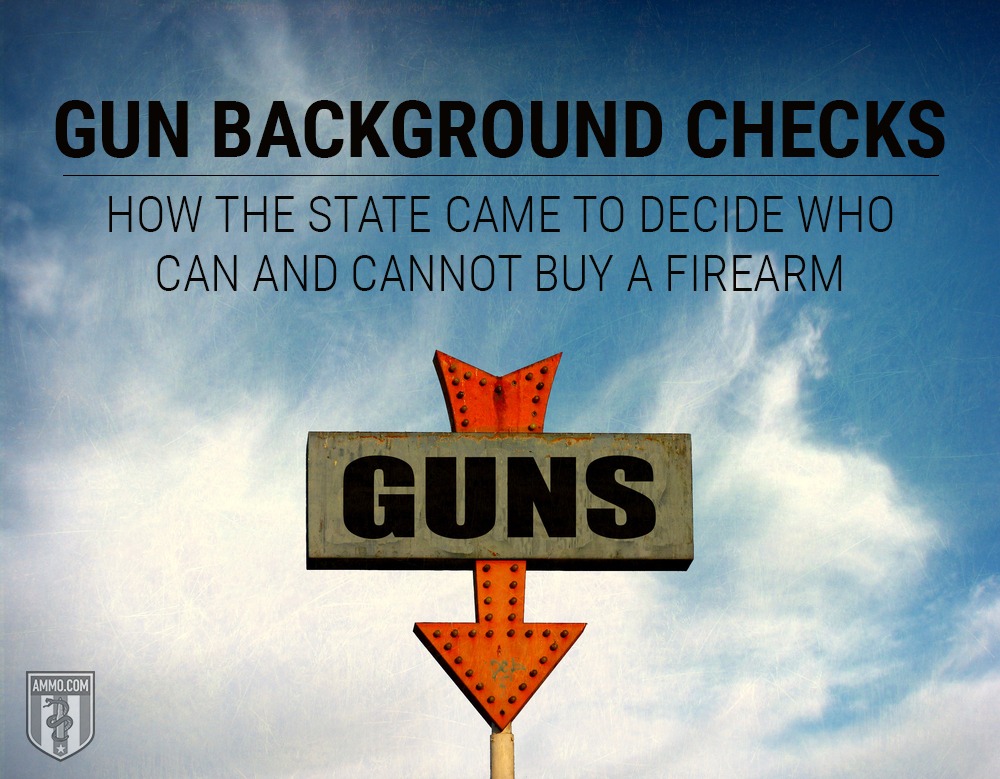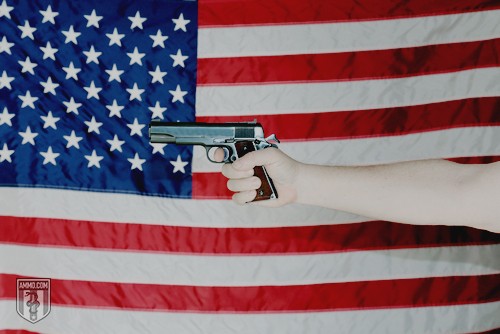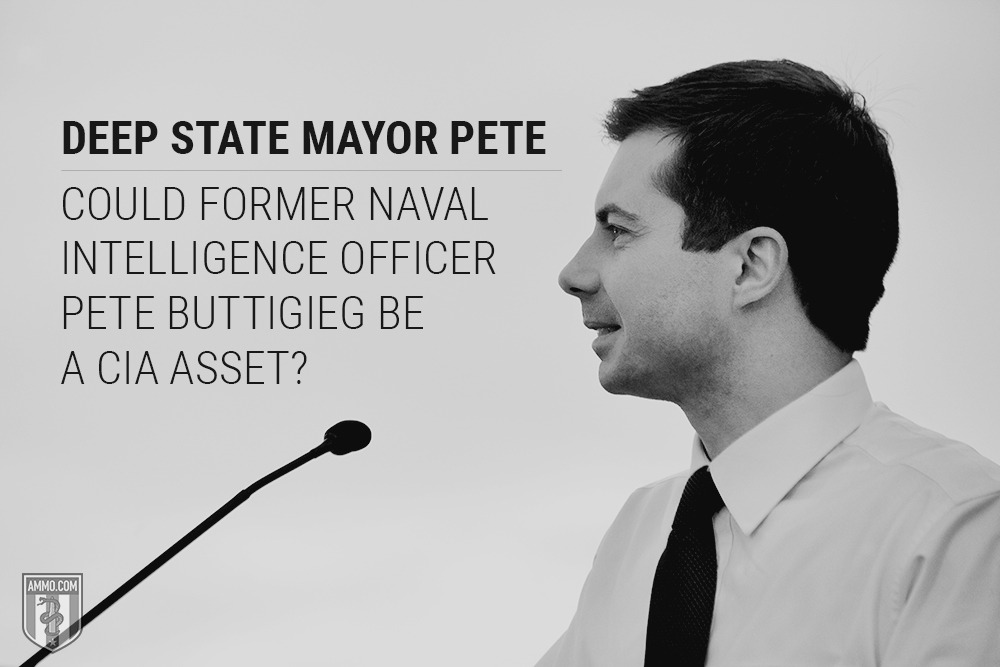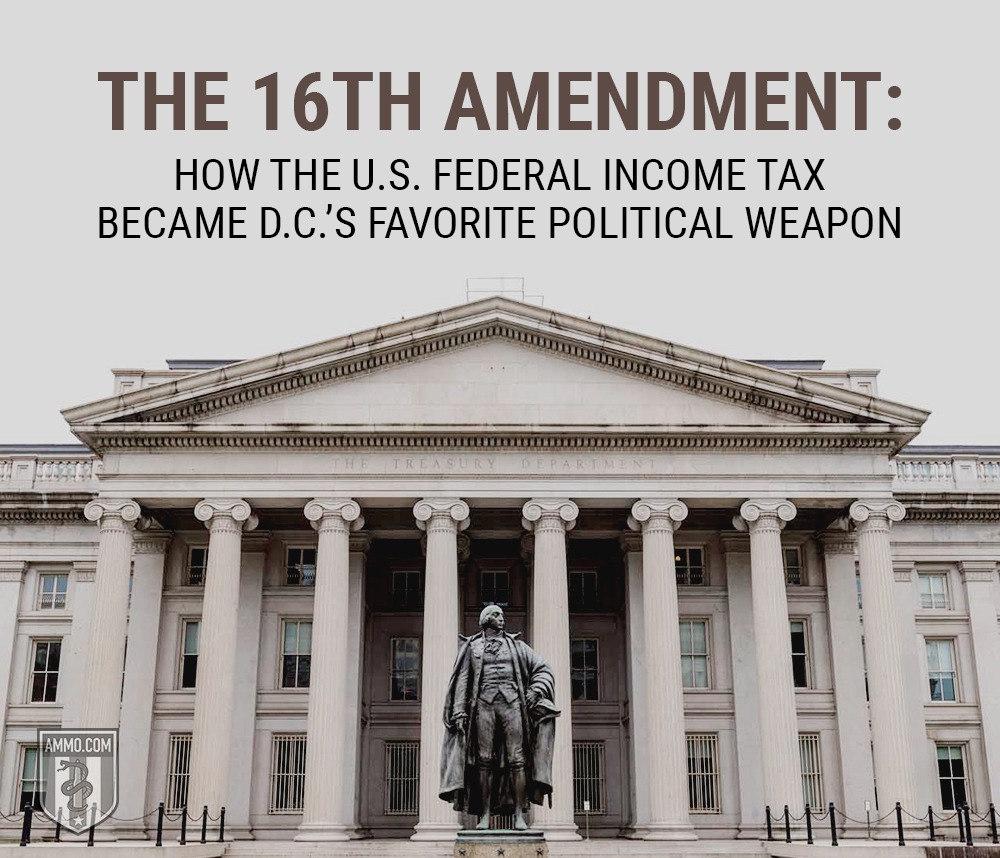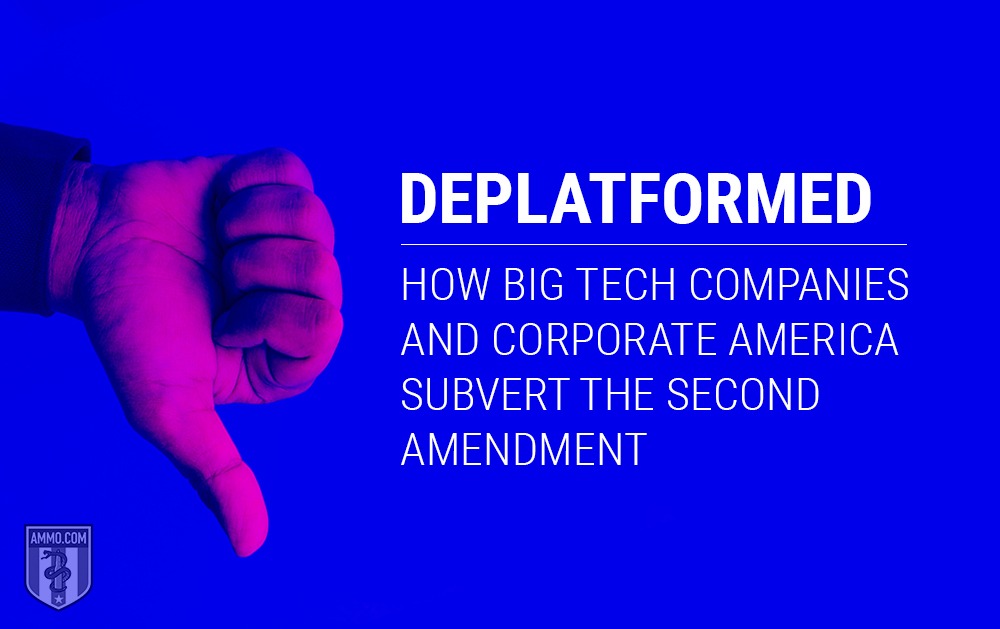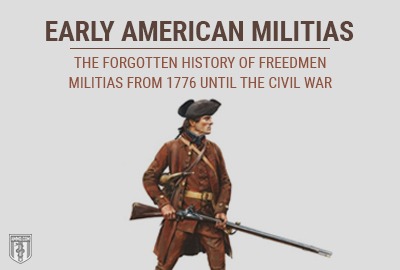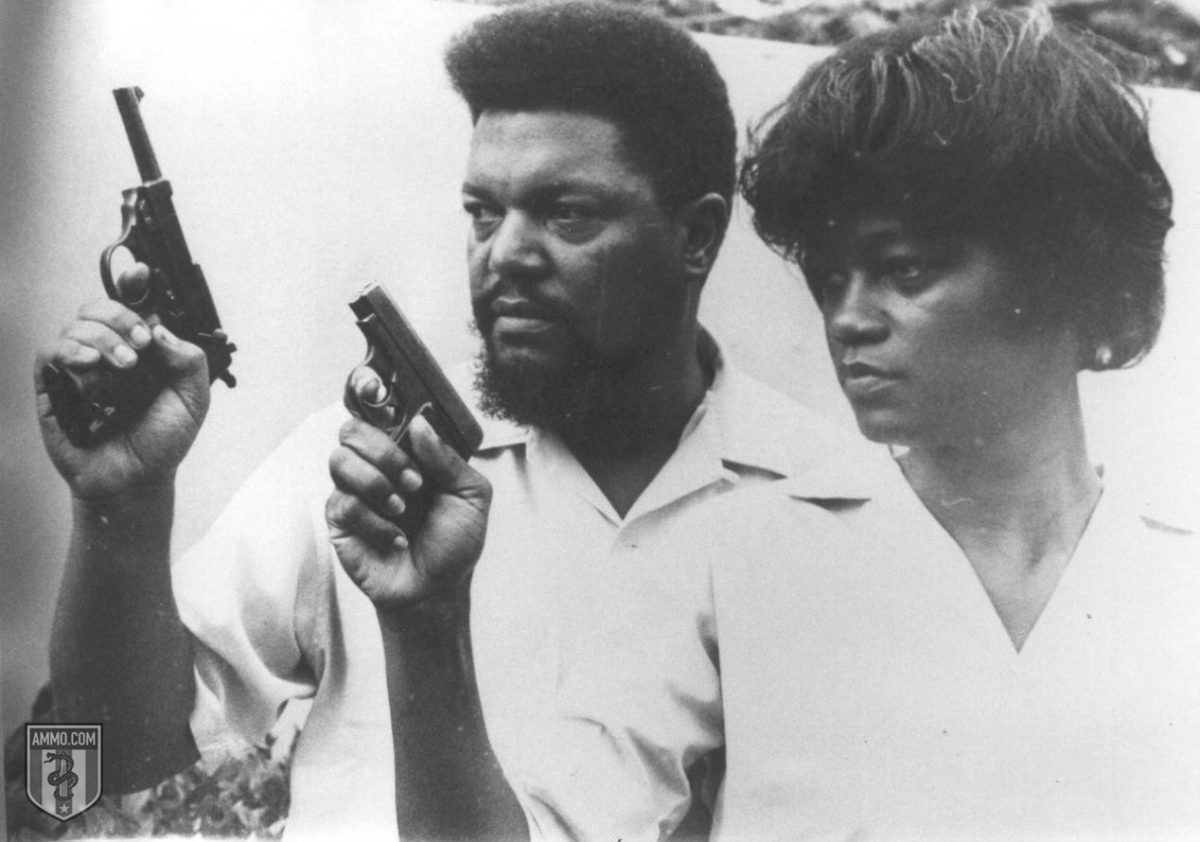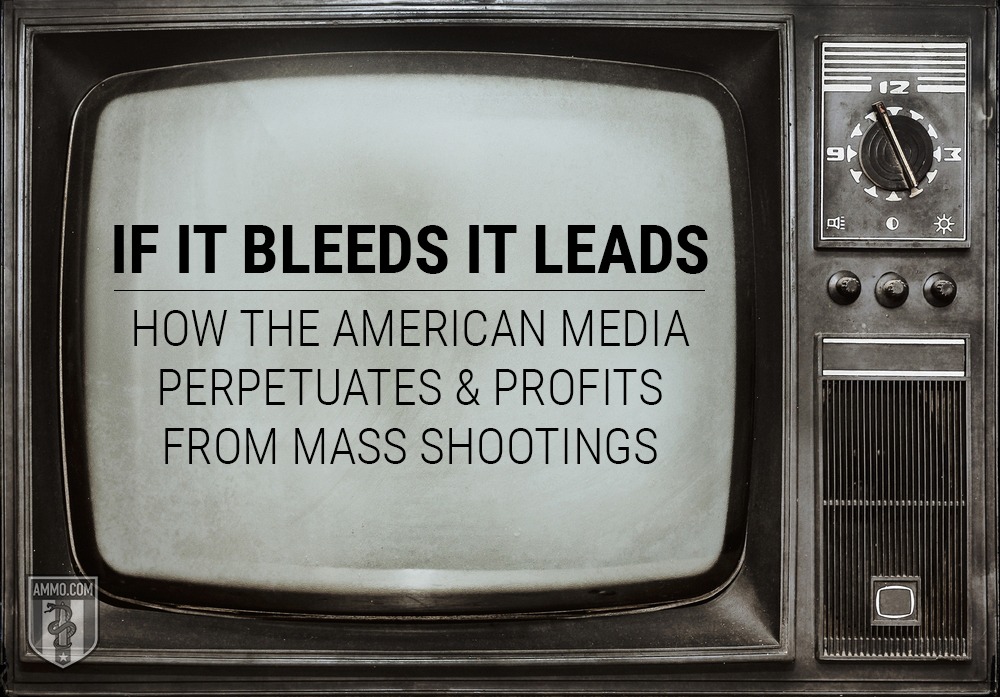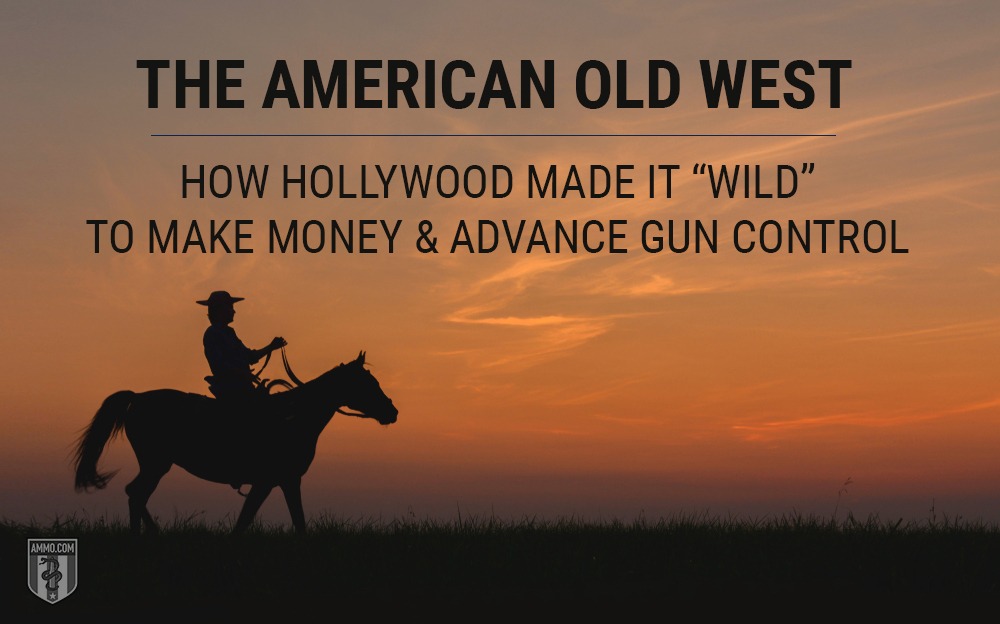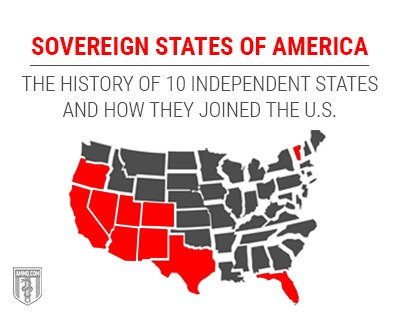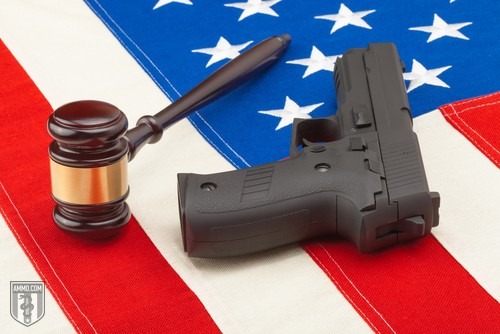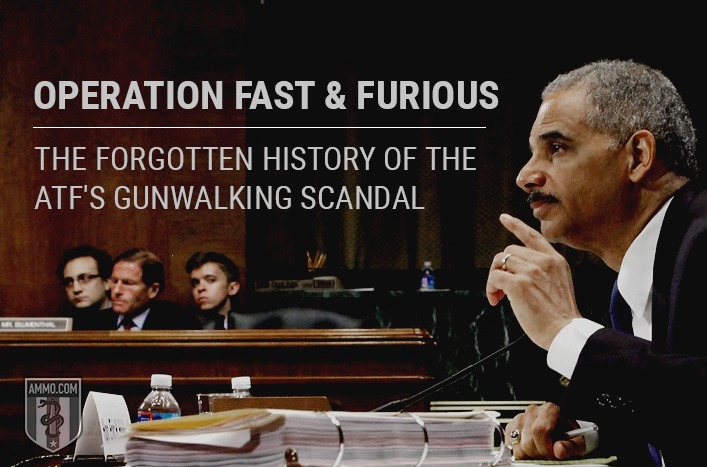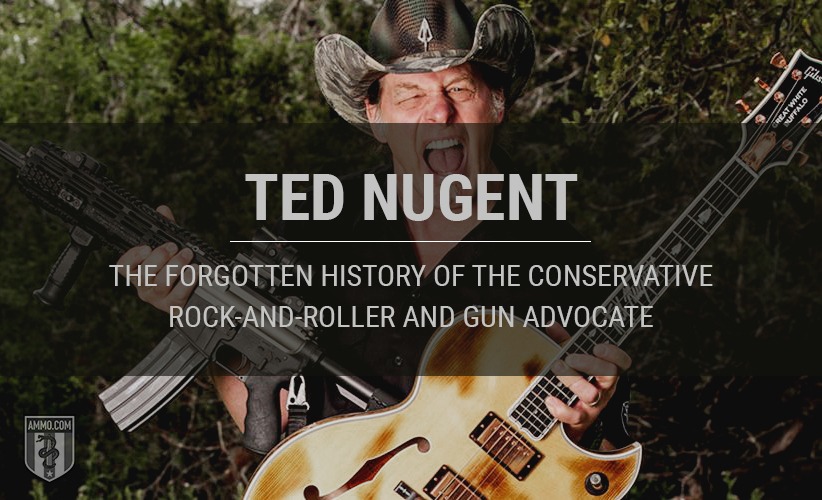Prior to 1968, most adults in the United States could purchase a firearm without state interference. Guns were available in local retail stores, as well as mail-order catalogs, and as long as you hadn’t been convicted of a felony and you had the funds, there weren’t any questions asked.
Things are different now. Depending on where in America you are and what type of gun you want to buy, there’s a good chance you’ll need to pass a NICS-mandated background check to complete your purchase.
Although many people hold a strong opinion for and against gun background checks, they’ve proven to be an integral part of the state’s gun control apparatus – and they don’t appear to be leaving anytime soon.
Since background checks are such a requirement for today’s gun enthusiasts, it’s important for gun owners (and those who may someday be gun owners) to understand everything they can, including how the current system works and how it came to be.


